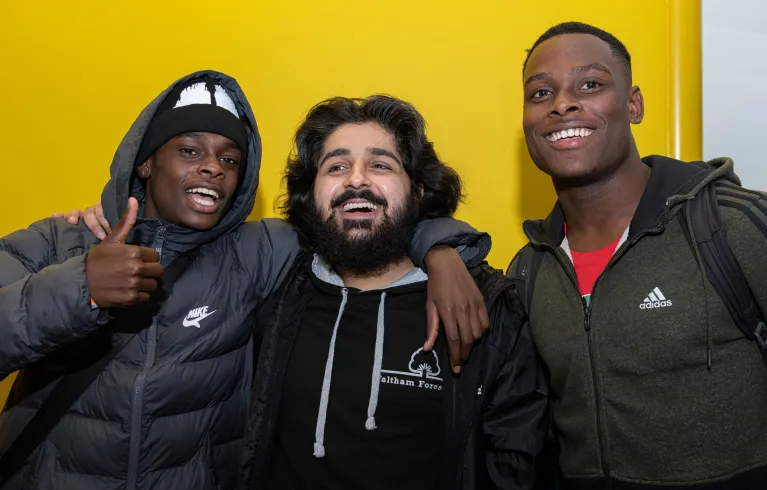
Key information
Publication type: General
Contents
6 sections
The programme
The Therapeutic Intervention for Peace (TIP) Project is a codeveloped and culturally sensitive model of partnership work which aims to reduce interpersonal youth violence through preventative, holistic and whole systems change.
The TIP Project aims to act as a conduit for effective therapeutic intervention, supporting change through training and consultancy, as well as delivering workshops, supervision, and one-to-one sessions.
Methodology
The process and outcomes evaluation – undertaken by the delivery partner - took a mixed methods approach, combining qualitative feedback from students, parents/carers, teachers and senior leaders with some quantitative assessment of outcomes using a variety of adapted validated tools.
While small sample sizes and the absence of a control group mean robust assessment of impact is not possible, measured change in outcomes provides some positive indications.
Key findings
The TIP project met its aims over first year of delivery, namely:
- An increase in wellbeing and improvement in mental health amongst the young people in the sample.
For example, improved perceptions of wellbeing across various measures.
- Supporting system and cultural change in educational settings, increasing cultural sensitivity among staff and institutional practices.
For example, 87 per cent of staff feedback responses across all training sessions reported that they would ‘take action as a result of this training’.
- Acting as a conduit for external agencies, services and resources for schools and their communities.
For example, the evaluation found evidence indicating shifting school cultures and increased inclusivity in classrooms.
- Providing support and reflective spaces for parents/carers.
For example, there was evidence of initial trust established with parents/carers and appropriate support and referrals provided when needed.
Emerging best practice
School training sessions were designed focused specifically on local histories in relation to culture and race to support staff to develop a deeper understand of the community context in which the school is located. Overall, this was received well by staff.
Challenges
Target outcome shortfalls:
Despite exceeding targets for staff training and student workshops, the project slightly fell short in supporting parents and providing 1-1 sessions for young people. Connecting with parents took longer due to online events amid COVID-19, yet progress indicates potential for future involvement.
Capacity limitations for one-to-one sessions:
Initially offering extra 1-1 sessions, the project faced capacity constraints as it developed clinically. Prioritizing quality over quantity reduced sessions, but feedback supports maintaining intervention quality and safeguarding.
Data collection challenges:
Although the evaluation provided extensive evidence, challenges arose in collecting complete datasets for cultural competency measures. Recording individual student measures was also difficult in some contexts. Considering alternative measures, like teacher observation, could enhance data collection, particularly in capturing student wellbeing and behaviour trends in challenging contexts.
Key learnings
The report made several recommendations. In particular;
- The importance of improving methods for collecting measures of cultural sensitivity.
- Extending the length of group work interventions in mainstream schools.
- Incorporating a phase of trust/relationship building with parents.
- Ensuring support for practitioners through potential 'rejection' phases.
See the infographics, first year and interim reports for the TIP programme.
Related documents
Power The Fight TIP End of Project Report September 2022